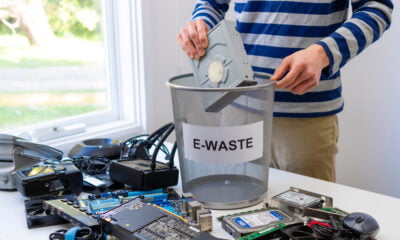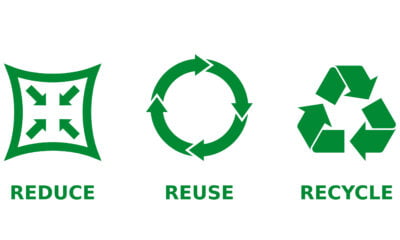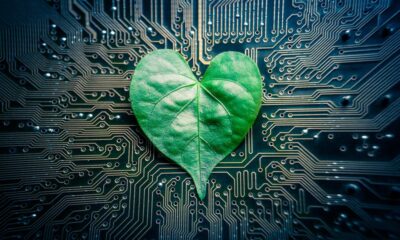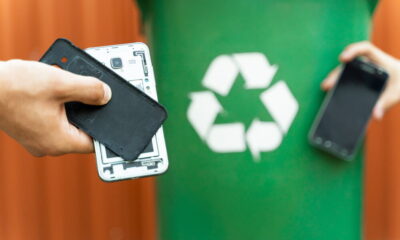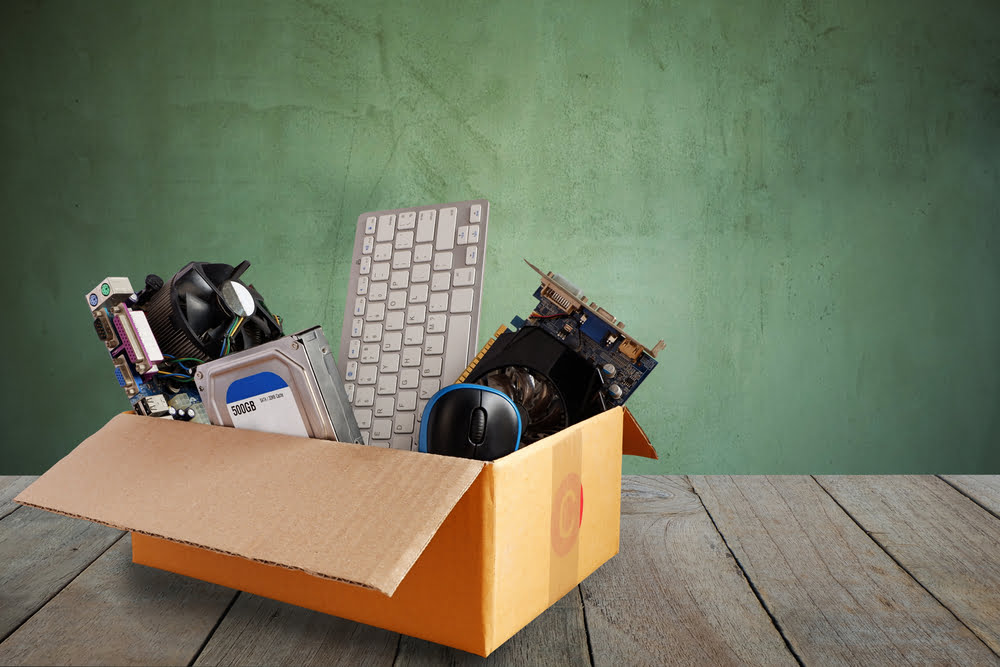
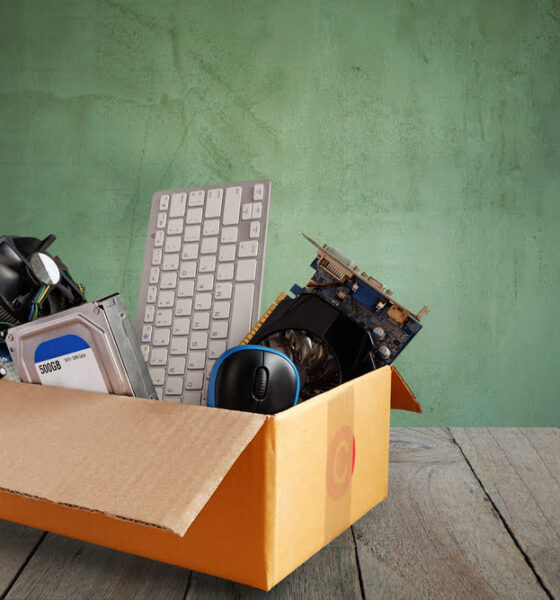
Environment
Zena Marchant Urges Folks to Properly Recycle Electronics. Here’s Why!
Nobody can dispute the fact that recycling is important. However, it is difficult to figure out how to recycle everything.
Electronics are particularly hard to recycle. This has led to a lot of e-waste, which is a growing problem. We recently heard from an expert that talked about the benefits of recycling electronics properly. Keep reading to learn more about this.
How Can You Recycle Electronics the Right Way?
A lot of electronics end up in landfills, creating dangerous pollution and also wasting precious resources. By taking the right steps now you can help to improve your community. Environmental expert Zena Marchant digs into why and how you should properly recycle electronics.
“Some things don’t belong in the regular trash, and electronics rank among those things,” Zena Marchant says. “Some materials found in electronics can create dangerous pollutants if not properly disposed of. In addition, the world’s resources are finite, and when you throw out electronics, you’re wasting precious metals and other scarce resources.”
Batteries are perhaps the elephant in the trash dump. Many batteries rely on cobalt and nickel components. Unfortunately, these metals can leak into groundwater if not properly disposed of, potentially poisoning local communities. In many countries, less than 5 percent of lithium batteries are ultimately recycled.
“Batteries are safe to use if you use them properly,” Zena Marchant points out. “And you can dispose of them safely as well. What’s important is understanding the need to recycle them and then acting on that need.”
Some companies offer recycling programs. If you own Apple products, for example, the company works with a number of partners to offer free recycling. Often, you can also find local organizations that will accept and recycle electronics free of charge. While this takes a bit of extra work, you could simply save up electronics and make a trip to the recycler a few times a year.
Another option is to consider reusing the electronics or donating working equipment to the Salvation Army and similar organizations. One person’s e-waste may be another person’s treasure.
“Much of my career has focused on recycling,” Zena Marchant says, “but recycling and proper disposal should be more of a last resort. It’s better to get more use out of electronics and whatever else, if possible.”
It’s also important to recognize that consumption and waste affect more than just your local community. Many electronics rely on rare earth metals, which typically require extensive extraction processes that could damage nature and impact communities across the world. By recycling materials, such as metals, we can reduce the need to extract more metals.
“One thing you quickly learn in the environmental industry is that seemingly local problems are in fact global,” Zena Marchant notes. “And this means that if we want to address the problem, we have to think on a global scale.”
Fortunately, simply by recycling and reducing waste, you can make an impact not only in your own backyard but across the globe. So make sure you keep that in mind when disposing of electronics.
Zena Marchant Talks About The Future
Recycling and waste disposal are often thought of as a “now” problem. We want to avoid polluting communities because doing so will hurt people right now. Undoubtedly, these immediate problems are important. However, we can’t forget about the long-term challenges and needs of future generations.
“If we pollute environments now, there’s a good chance that your kids or grandkids will have to pick up the tab,” Zena Marchant says. “Also, if we mine and use up precious metals, future generations may not be able to access said resources.”



